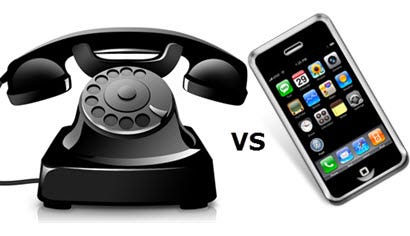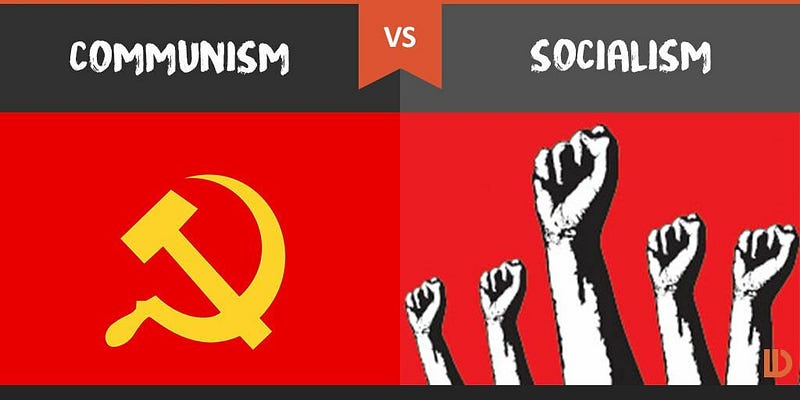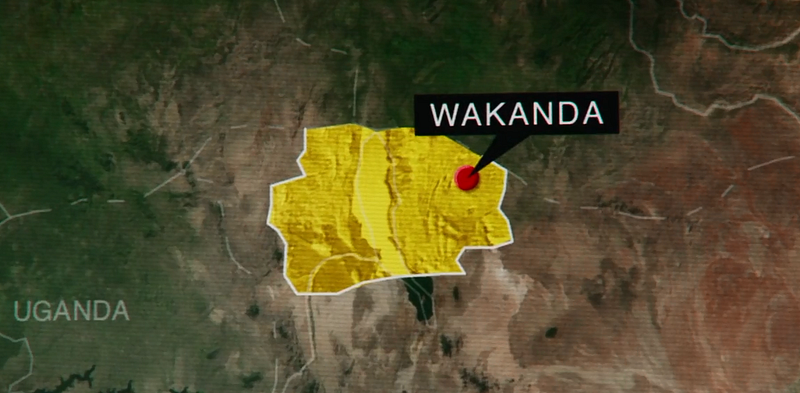The Social Republic
Table of Contents
A lot of people confuse socialism, left wing, democracy, and communism with each other. This is because ideas from one generation are commonly usurped by later generations according to their different experiences, rather than creating new names for new ideas arising from those new experiences.

A modern day example is the mobile phone and smartphone.
A mobile phone means mobile telephone. When computer-abilities were added to it, it became a ‘smartphone’, with ‘smart’ representing the computer-abilities. However, this name is wrong because the computer-ability outweighs the telephone-ability, which really is just voice calls.
People use their ‘smartphones’ more for:
- watching movies
- playing games
- text-chatting
- live-streaming
These have much more weight than doing the simple voice calls allowed by telephones. Nowadays, smartphones are more properly called mobile devices.
David Hume explained that such naming mistakes are caused by the mind always choosing the mental processes that expend the least energy — it tries to connect ideas and form new ones without thinking. The phone became smart and so it was called a smartphone.
Update Dec 2020
Political Misnaming
In politics, this is commonly seen in the confusion between democracy and socialism.
Democracy first appeared in ancient Greece and was defined by Socrates as a system where people could vote on everything.
The Error of ‘Oligarchy’
Another problem is the word ‘oligarchy’.
Socrates originally used it to mean rule through money. However, modern dictionaries wrongly define oligarchy as ‘rule of the few’ simply because the dictionary staff simply used the literal meaning of oligarchy as ὀλίγος which meant ’the few’.
The problem is that the rule of the few also is in tyranny, timocracy, and aristocracy. So the dictionary defintion is useless. The dictionary staff did not know that Socrates only used ὀλίγος to differentiate it from ‘demos’ or ’the many’ which is what democracy is.
Socialism first appeared in the 19th century from the French economists Henri de Saint-Simon. It was as an alternative to the unregulated freedom after the French Revolution destroyed the controlling power of the monarchy and the church:
- The freed peasants made up the first estate
- The monarchs and the church made up the second estate
- The merchants and manufacturers made up the third estate
The Error of ‘Capitalist’
After the French Revolution, the aristocrats were lumped by later writers into the word ‘capitalists’ because of the industrial revolution wherein industry suddenly became capital-intensive instead of labor-intensive because of expensive machines.
Our other post explains why even the modern word ‘capitalist’ is wrong because it originally meant profit-earners, which include farmers and peddlers – people that did not use expensive machinery.
Adam Smith never used the word ‘capitalist’. The classical term for capitalism was “stock-jobbing” which emphasized the growth of paper stock-price. This price would then allow the purchase of expensive machines.
Thus, Neo-classical Economics should be more accurately named as ‘Paper Mercantilism’ and Capitalism as ‘Stock-Paper Mercantilism’ as its subset. This is consistent with John Maynard Keynes enshrining liquidity preference as the love for paper money.
Socialism meant that the third estate would unify their interests with the first estate in order to keep factories running and industry humming. This led to the concept of the third estate giving employee wages and benefits for the first estate. This is so common nowadays.
Thus, the peasants were split into two:
- The not-so-free socialized peasants who could get private property
- These are the modern liberals
- The free and unsocialized ones who also could get private property (i.e. working for themselves, not working in industry)
- These are the modern libertarians
The problem then began when Marx and Engels hijacked the socialism concept and diverted it into Communism – a class-less utopia where there is no freedom (rather, freedom is sacrificed in order to attain utopia). This led to the 3 branches:
- The extremely-non-free socialists as Communists who were not permitted to have private property
- The not-so-free socialists who could get private property
- The free unsocialized peasants as anarchists who also could get private property, as the petit bourgeoisie
D’autres auteurs, à la suite de Marx et Engels notamment, ont également qualifié Saint-Simon de socialiste. Le recours à la centralisation est la raison la plus souvent invoquée pour justifier le socialisme de Saint-Simon.
Si l’on définit le socialisme par trois critères (propriété collective des moyens de production ; absence de concurrence ; planification rationnelle des activités économiques), alors Saint-Simon n’est pas socialiste car il respecte, formellement, la propriété privée et les droits privés qui y sont associés : les profits. Pour lui, l’égalité industrielle [consiste] (…) en ce que chacun retire de la société des bénéfices exactement proportionnés à sa mise sociale, c’est-à-dire à sa capacité positive, à l’emploi utile qu’il fait de ses moyens, parmi lesquels il faut comprendre, bien entendu, ses capitaux
Franck Yonnet
Claude-Henri de Saint-Simon l'industrialisme et les banquiers, 2004
This corruption of the word ‘socialism’, to mean not having private property, was continued by Lenin who was released by the Germans into Russia. This then established the corrupt version of socialism as the United Soviet Socialist Republic, which really should’ve been the United Soviet Communist Republic.
The USSR should’ve been the USCR.

Because of Marx and Engels, socialism has since been defined to be the same as communism, very different from the socialism of the French Revolution.
In reality the original socialism just means:
- wages and benefits for employees
- coming to work on time
- having job titles and specializations
- etc.
But the Cold war is more recent than the French Revolution, so it would be naive to hope that everyone can go back to the original French definition.
Our Solution: The Social Republic
As a workaround, we’ve created a new term called social networkism to bring back the original French idea (social) which can manifest as a social network (networkism).
It distances itself from anarchism or laissez-faire liberalism by espousing the unity of society over the unity of the self*. Rather, it assumes that the self has already been unified according to the principles of Bio Superphysics.
*Recall that, in our system, a person has 3 billion selves .
When systematized as a government, it becomes a ‘social network republic’ which we shorten to ‘social republic’. Countries which adopt this system will then be named ‘The Social Republic of Wakanda’, for example.
This idea remains true to Socrates’ Republic and to the French Revolution which defined socialism to be in-between anarchism and monarchy, while clearly having private property.
- ‘Social’ refers to the liberal or left-wing aspects or the democrat and oligarch that represents freedom
- ‘Republican’ refers to the conservative or right-wing aspects or the tyrants and aristocrats that represents control

Thus, a social republic unifies left and right wing into a single harmony* that alternates in leadership, while balancing personal freedom and state control.
*Western universities shallowly interpret Socrates’ musical advocacy as referring to audible music. In reality, his music refers to the symphony of feelings, whether of humans, animals, or the universe itself. This makes him consistent with the Asian philosophers who pushed for harmony with the Tao or dharma.
The main features of a social republic are:
- Constitutional Virtues to unite the different political and economic ideologies
- A combination of money-economy and moneyless-economy
- The Fourth Branch of government as the Resources Branch
- Bicameral Federal Parliament following the proposed system of David Hume